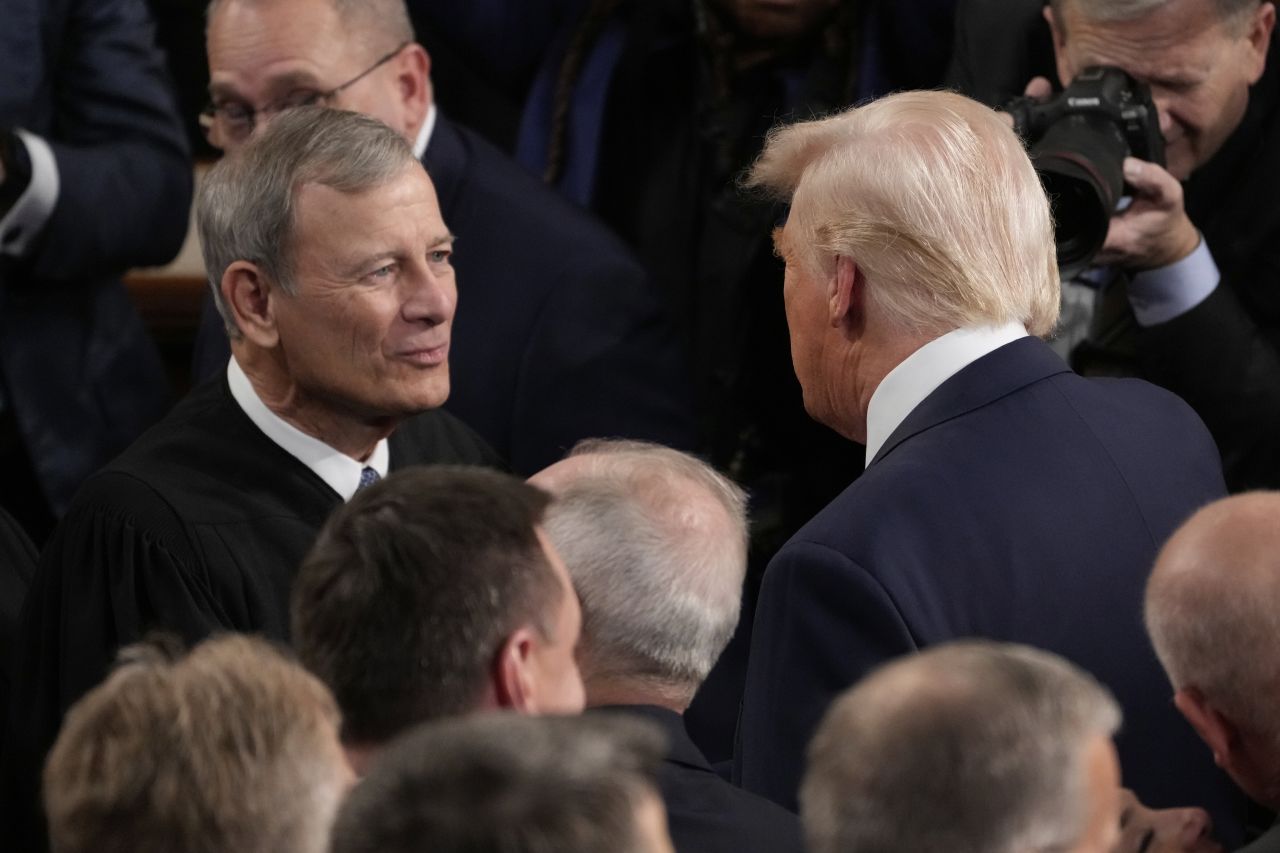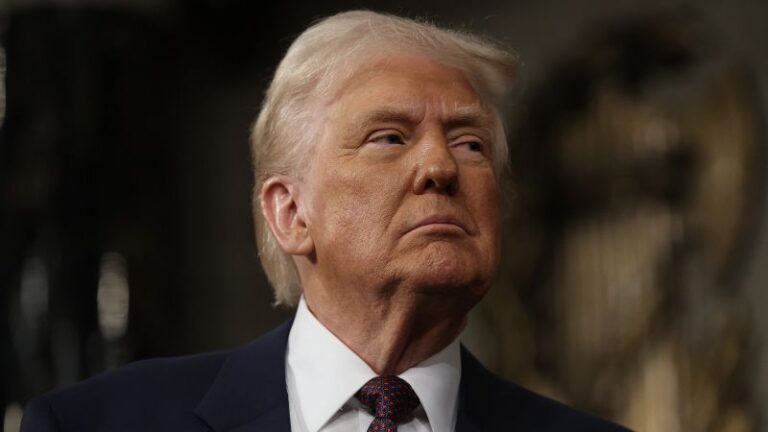
Once again, it comes down to John Roberts and Donald Trump.
It was Chief Justice Roberts, of course, who wrote last year’s Supreme Court decision giving then-candidate Trump substantial immunity from criminal prosecution. But in recent weeks, it also was Roberts who steered the court in its calibrated approach to litigation arising from President Trump’s orders overhauling government – refusing to give administration lawyers the quick endorsement they sought.
Since 2017, when Trump began his first presidential term, Roberts has been both an enabler and a restraint on Trump’s agenda.
After weeks of silence to Trump’s rants against the judiciary, Roberts was likely provoked on Tuesday by a heated post referring to a federal judge currently handling a migrant deportation case as “crooked.” Trump declared the judge “should be IMPEACHED!!!”
Soon after, Roberts issued a statement: “For more than two centuries, it has been established that impeachment is not an appropriate response to disagreement concerning a judicial decision. The normal appellate review process exists for that purpose.”
For US district court judges, currently on the front lines of the Trump litigation, Roberts’ defense was heartening, if overdue.
For retired Justice Stephen Breyer, the statement met the moment.
“It’s informative. It’s short. It doesn’t blame anyone or praise anyone. It says if you don’t like what the judge holds, appeal,” Breyer told CNN, repeating, “Appeal.”
As the top leaders of the judicial and executive branches, Roberts and Trump have now had two dramatic clashes. Roberts’ Tuesday statement recalled a similar rebuke of Trump in 2018.
More broadly, the episode offered a reminder of the roles the two leaders – Roberts, age 70 and appointed for life, and Trump, age 78 and beginning a second term – continue to play in each other’s sphere and the public eye.
Read Biskupic’s full analysis here.


